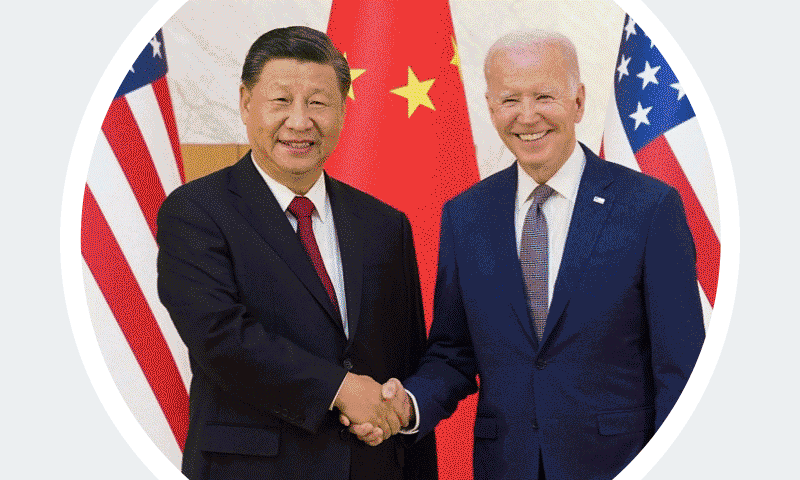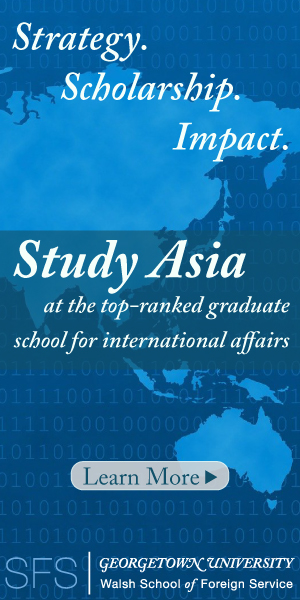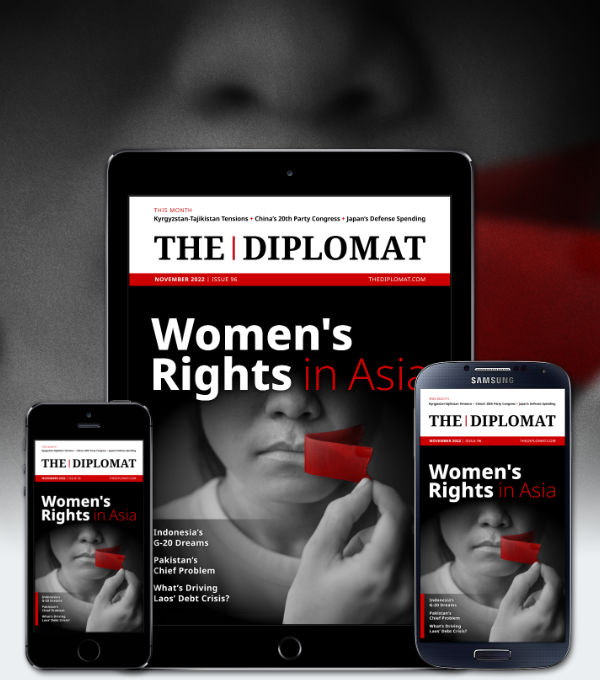| Welcome to the latest issue of Diplomat Brief. This week our top story highlights the protests in Iran, which are having spillover effects across the border in Pakistan. We also have an interview with author, historian, and Tibetologist Claude Arpi on the Sino-Indian border dispute. |
| Story of the week |  | Society Iran’s Mass Protests Are Impacting Lives in PakistanWhat Happened: Mass protests broke out in Iran in mid-September, following the death of Mahsa Amini, who was taken into custody by the morality police for an “improper hijab.” Since then, protests have evolved from opposing the mandatory hijab law – and the policing of women’s bodies more generally – to denouncing Iran’s authoritarian system of governance. Ethnic minority groups within Iran have joined the fray, raising their own longstanding complaints of oppression and abuse. Our Focus: Iran’s Baloch community, based in the province of Sistan and Baluchestan, has joined the protest movement as well. The resulting crackdown is being watched with deep concern by Baloch living across the border in Pakistan. “I have relatives and friends in Sistan and Baluchestan. Ever since the protests reached the east-most province, it has been hard,” a Baloch based in Pakistan told The Diplomat. “Traveling from or to Iran has not been safe in the last few months and recently being in constant contact with family there [Iran] has also become challenging. The surveillance has increased more than ever before.” Iran has closed, reopened, and reclosed several border crossings with Pakistan at different times, making it difficult for Baloch in both countries to maintain ties – whether personal or economic. What Comes Next: Iran may be tempted to keep the border shut, to enable a harsher crackdown and prevent Baloch from escaping into neighboring Pakistan. But that would disrupt the lucrative illegal cross-border oil trade, where Iranian oil is smuggled into Pakistan for resale without onerous sanctions. So the ad hoc closures and reopenings are likely to continue. Meanwhile Baloch in Pakistan, who have their own grievances about neglect and oppression, continue to sympathize with their kinsfolk across the border. Read this story |
| Behind the News | INTERVIEW Claude ArpiAuthor, historian and Tibetologist Claude Arpi on China’s different attitudes toward different sections of the Sino-Indian border dispute: In the 1950s and early ‘60s “Zhou [Enlai] tested the ground for a ‘swap’: India would acknowledge Aksai Chin as Chinese and Beijing would recognize the North East Frontier Agency (NEFA or today’s Arunachal Pradesh) as Indian. One has to understand that for Beijing Aksai Chin was strategically far more important than the NEFA.” Read the interview |
| This Week in Asia | Northeast Asia South Korea, US, Japan Seek to Deter North KoreaSouth Korea, the U.S., and Japan held a trilateral summit on the sidelines of ASEAN meetings in Cambodia this weekend, as well as a series of bilateral meetings. The goal: to show a united stance in the face of unprecedented missile testing from North Korea, and suspicions of an imminent nuclear test. But a military-heavy, diplomacy-light response to North Korea has not worked to deter Pyongyang thus far – quite the opposite. Find out more | South Asia Nepal Goes to the PollsOn November 20, Nepal will vote in federal and provincial elections. It’s largely a contest between two main blocs: The ruling coalition led by Prime Minister Sher Bahadur Deuba’s Nepali Congress, and the opposition alliance led by K.P. Sharma Oli’s Communist Party of Nepal-United Marxist Leninist. But the election alliances don’t have much basis in policy or ideological affinity, meaning the winning coalition could fall apart – as has happened frequently in Nepal. Find out more | Southeast Asia Malaysians Vote in GE15On November 19, over 21 million Malaysians will head to the polls for their nation’s 15th general election since independence. Prime Minister Ismail Sabri Yaakob’s United Malays National Organisation, which was defeated the last general election in 2018 before returning to office two years later following mass defections from the ruling coalition, is banking on a decisive victory, while opposition stalwart Anwar Ibrahim’s Pakatan Harapan coalition will be hoping to repeat the events of four years ago. In a complex and fractured electoral landscape, much will hinge on the 1.4 million Malaysians aged 18-20 who will be voting for the first time. Find out more | Central Asia Yes, Kazakhstan Has a Presidential Election This WeekOn November 20, Kazakhstan heads to the polls for a snap presidential election called for by current President Tokayev in September. His re-election is assured given the absence of serious competition. But new rules will see him serve for seven more years (rather than five) and technically be ineligible for another term (not that that has ever stopped a Central Asian president). What will Tokayev do with his next seven years in office? Find out more |
| Visualizing APAC |  | Chinese President Xi Jinping has had a busy week at the G-20 summit in Indonesia thus far, meeting with nine foreign leaders and counting – starting with U.S. President Joe Biden. See the full picture |
|  |




